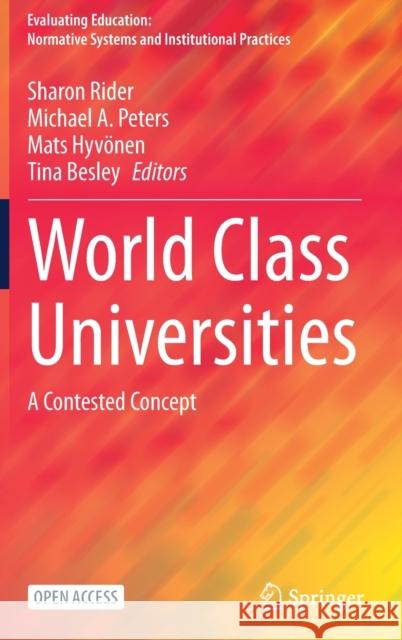World Class Universities: A Contested Concept » książka
topmenu
World Class Universities: A Contested Concept
ISBN-13: 9789811575976 / Angielski / Twarda / 2020 / 289 str.
Kategorie:
Kategorie BISAC:
Wydawca:
Springer
Seria wydawnicza:
Język:
Angielski
ISBN-13:
9789811575976
Rok wydania:
2020
Wydanie:
2020
Numer serii:
000782888
Ilość stron:
289
Waga:
0.60 kg
Wymiary:
23.39 x 15.6 x 1.91
Oprawa:
Twarda
Wolumenów:
01
Dodatkowe informacje:
Wydanie ilustrowane











